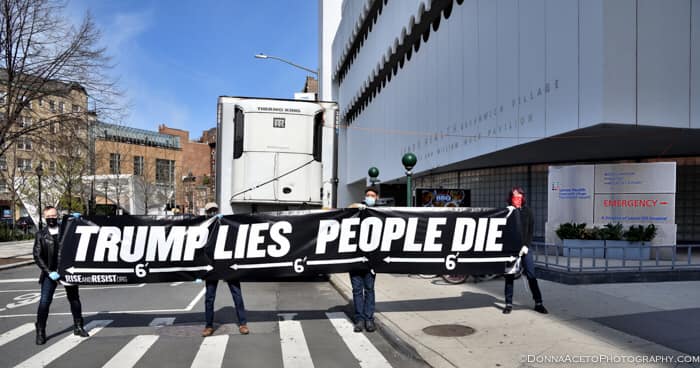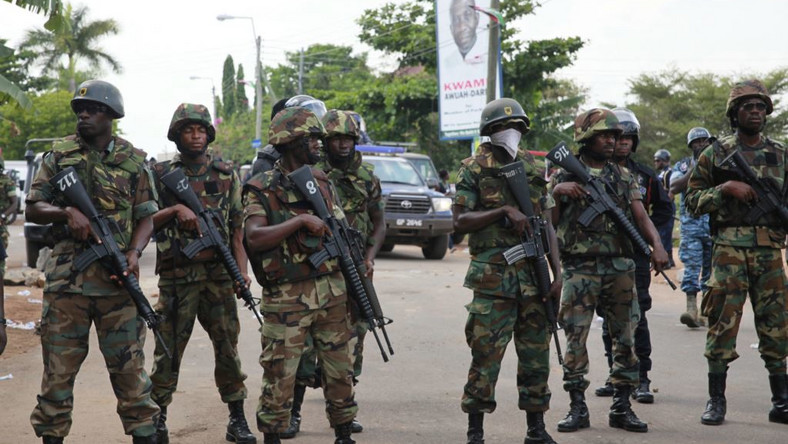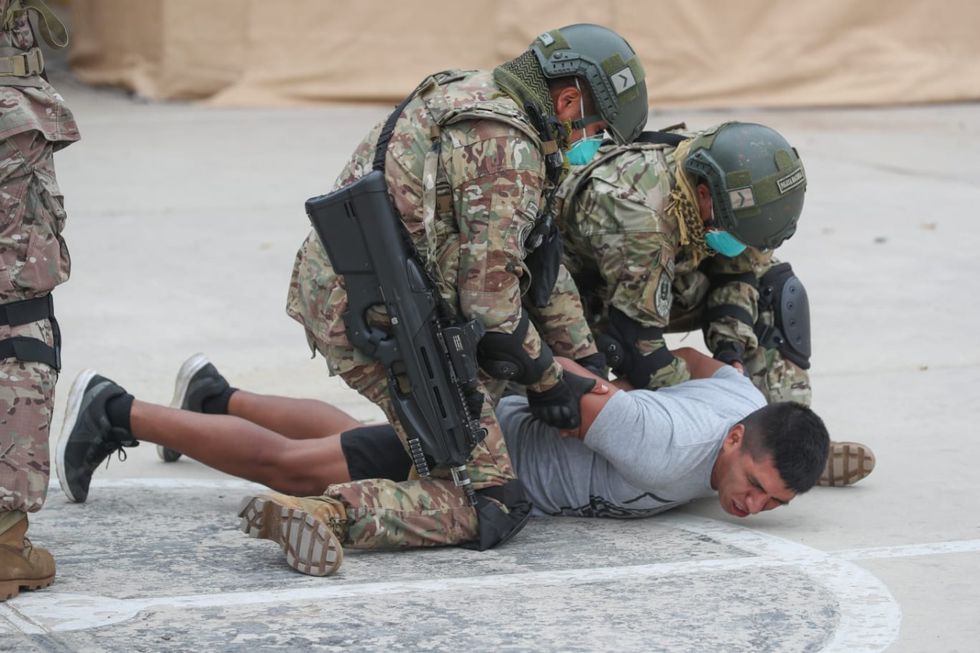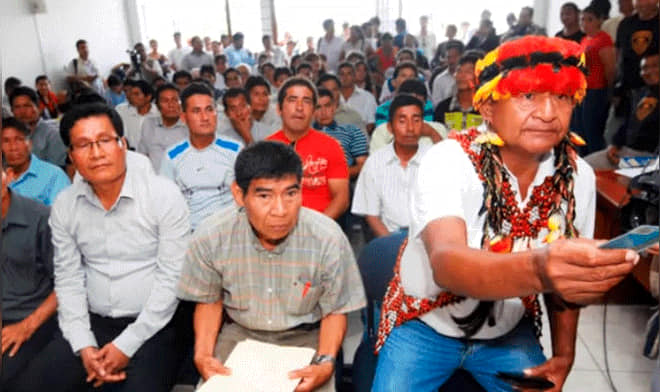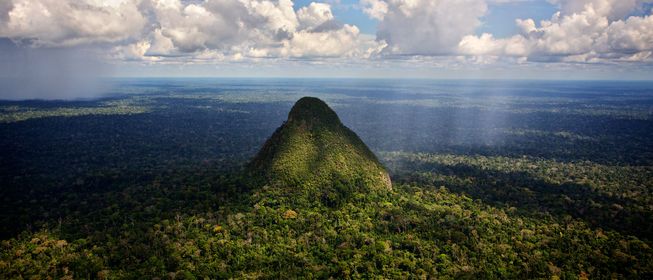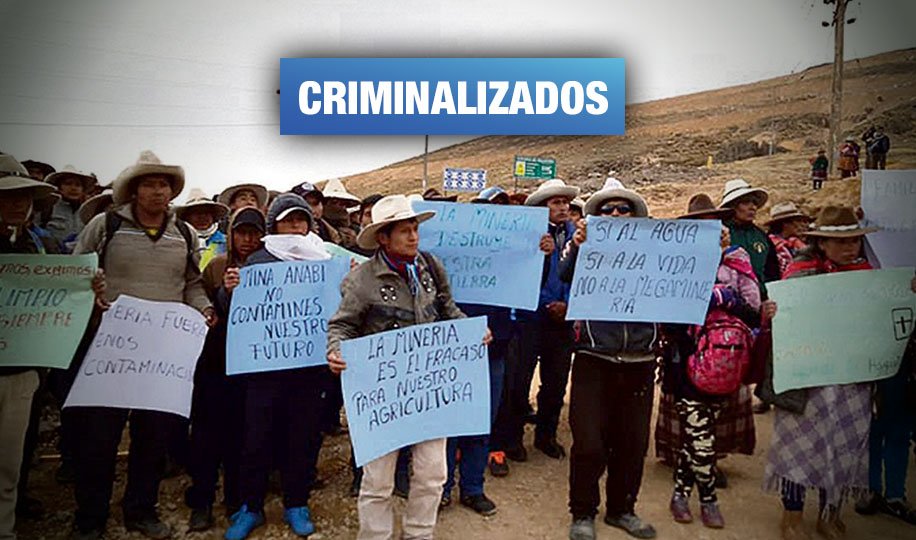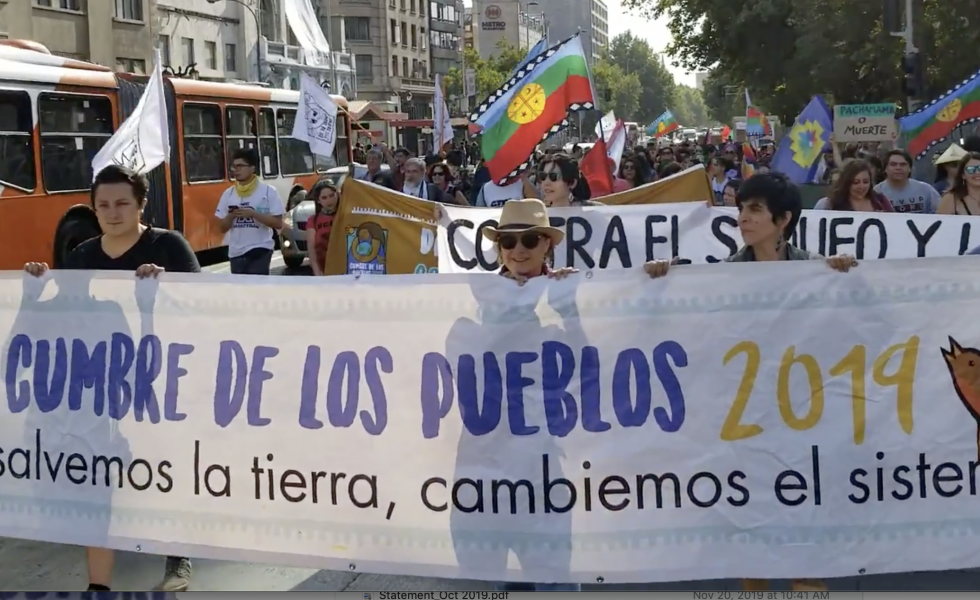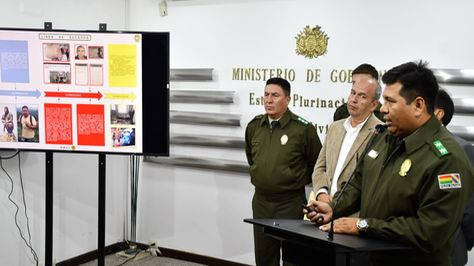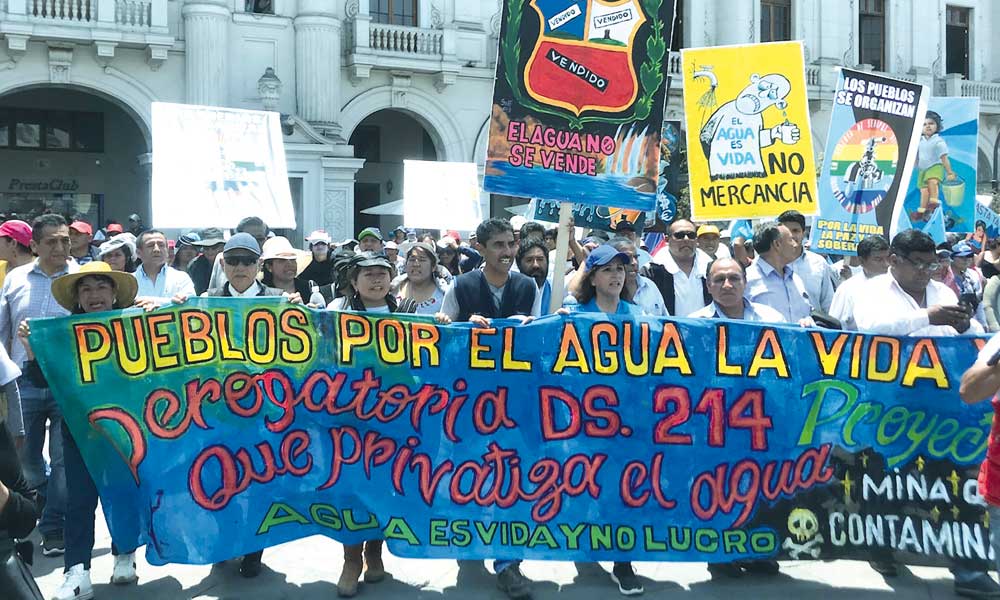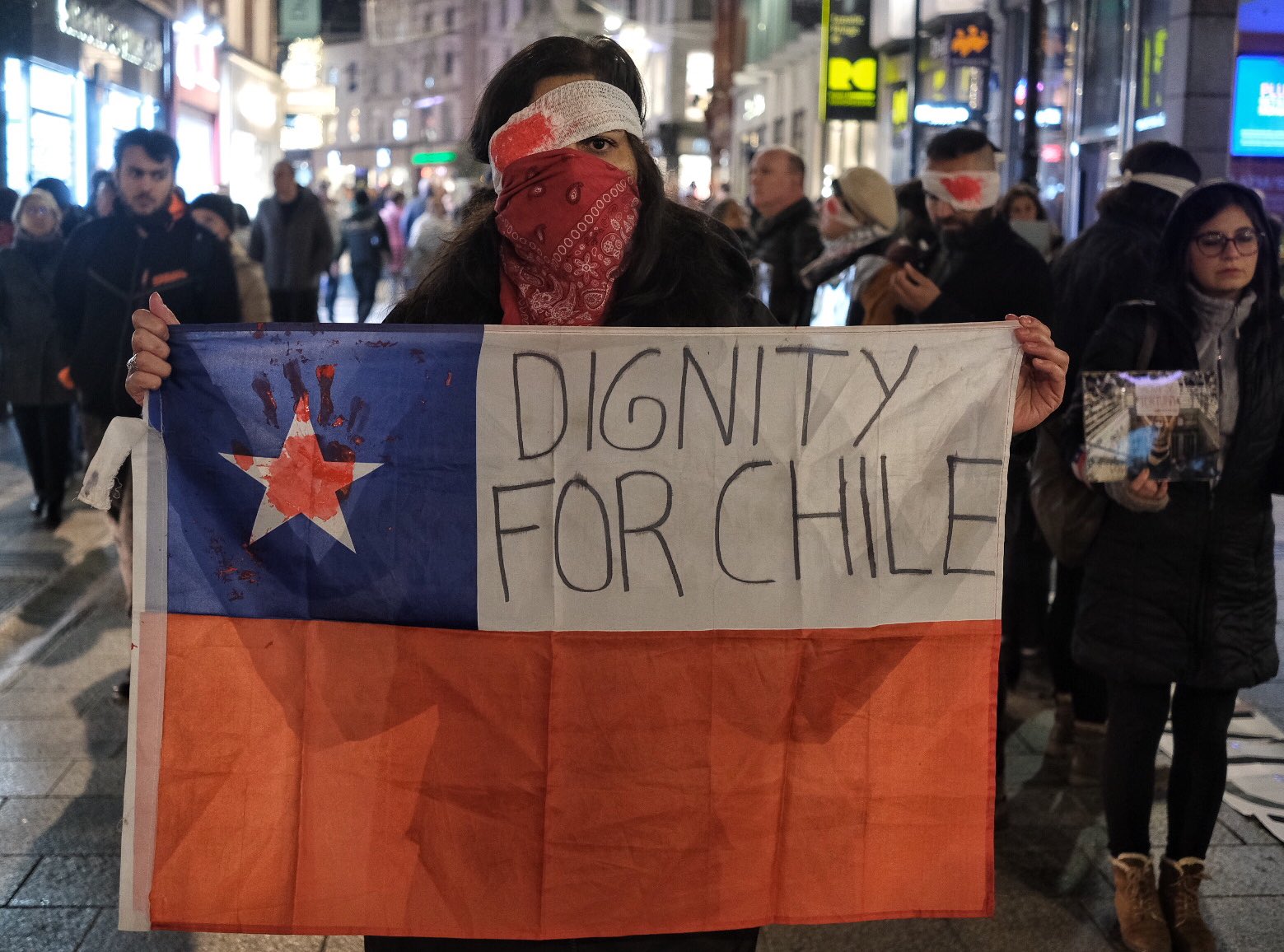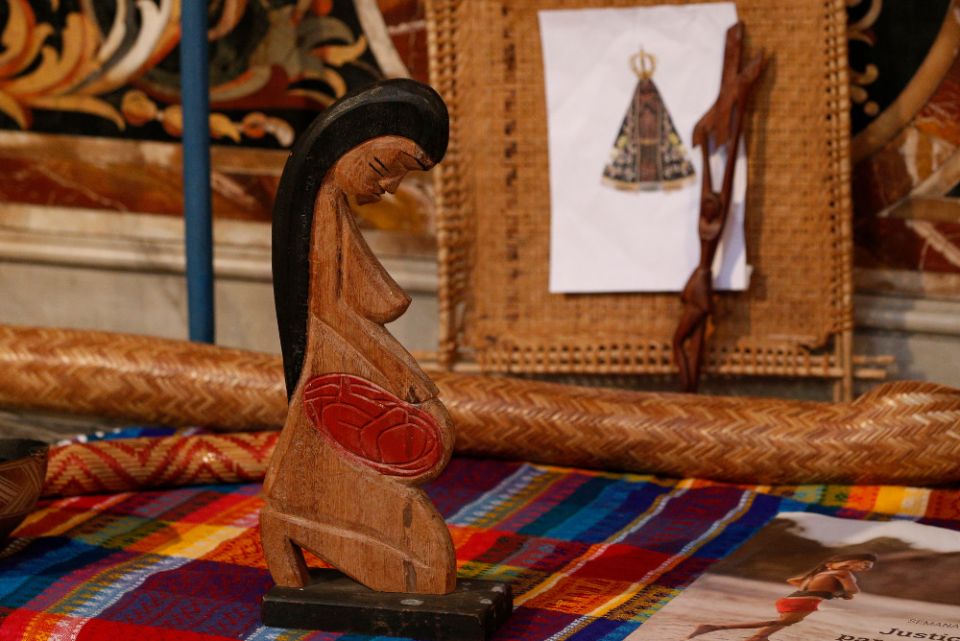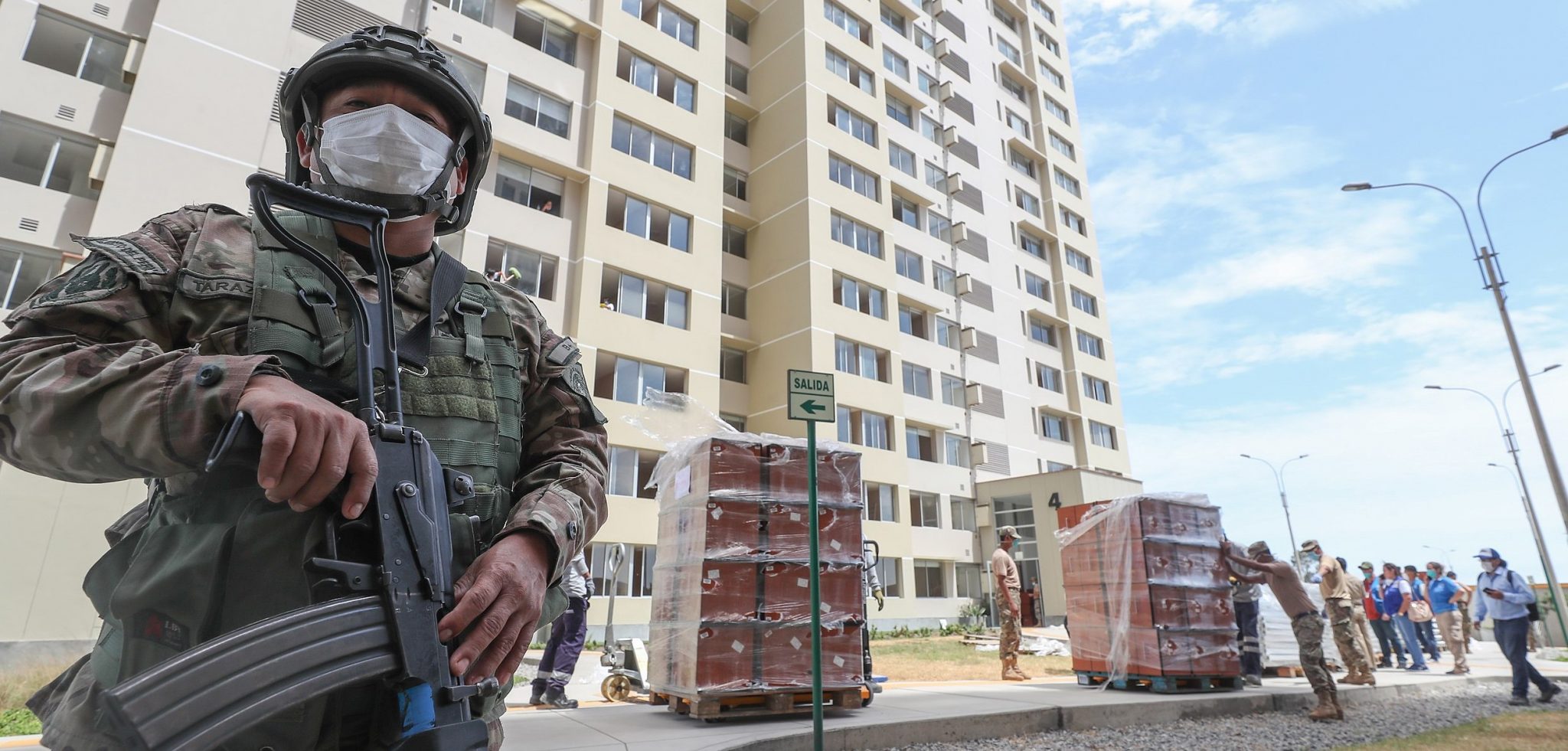
Podcast: COVID-19 and impending bio-fascism II
In Episode 50 of the CounterVortex podcast, Bill Weinberg notes frightening advances toward a fascist world order amid the COVID-19 crisis. With police-state measures being imposed worldwide, Donald Trump is claiming “total” executive power and threatening to “adjourn” Congress. That he is doing so in the name of lifting rather than enforcing the lockdown is certainly an irony, but either way it represents exploitation of the crisis for a power-grab. Even under a best-case scenario of a post-pandemic return to “normality,” it will be in the context of an unprecedented totalizing surveillance state. Yet at this grim moment for humanity, there are utopian as well as apocalyptic potentialities. Listen on SoundCloud, and support our podcast via Patreon. (Photo: Peruvian Ministry of Defense via Flickr)



